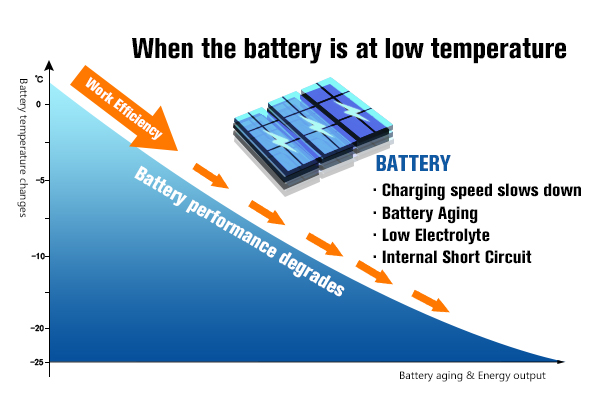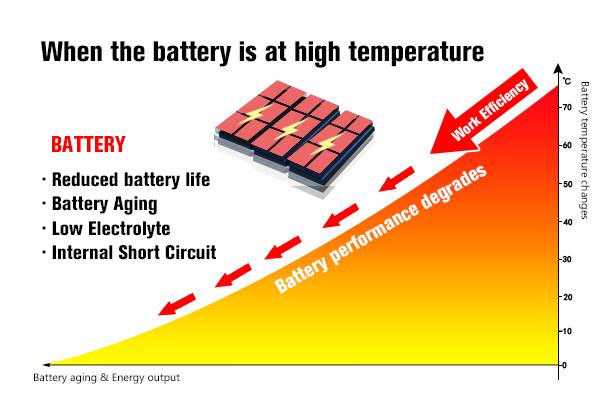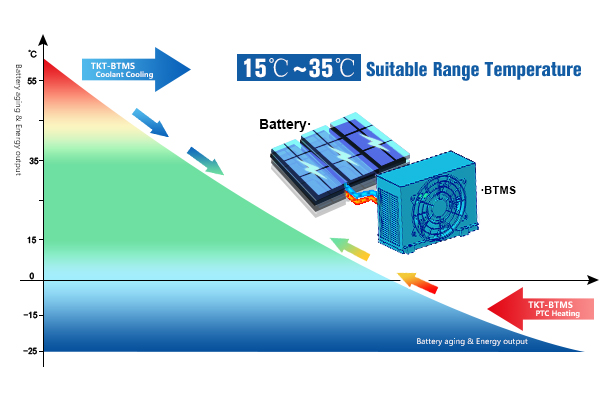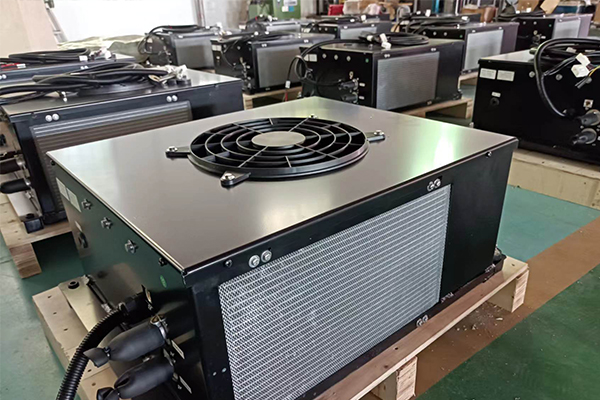In today’s rapidly advancing automotive landscape, the proliferation of electric vehicles (EVs) stands as a testament to humanity’s drive toward sustainable transportation solutions. Among the key components propelling this technological evolution are Lithium-Ion (Li-Ion) battery packs, which serve as the lifeblood of electric propulsion systems. However, these sophisticated energy storage units are not impervious to environmental influences, particularly temperature fluctuations, which can significantly impact their performance and longevity.

The Impact of Temperature on Battery Performance
Li-Ion battery cells, while heralded for their efficiency and energy density, are inherently sensitive to temperature variations. The ramifications of temperature extremes on battery performance are multifaceted, encompassing aspects such as range, voltage efficiency, charge time, and cycle life.

Cold Temperature Effects
Cold temperatures can induce adverse effects on battery performance, primarily by impeding chemical reactions within the cells. As temperatures plummet, the chemical processes responsible for energy transfer and storage slow down, leading to diminished charge/discharge capacity and power capabilities. In severe cases, particularly below -20°C, battery functionality may cease altogether, posing operational risks and potentially irreversible damage to the battery pack.

High-Temperature Effects
Conversely, elevated temperatures can also detrimentally impact battery performance, precipitating capacity loss, power reduction, and even catastrophic outcomes such as thermal runaway. Excessive heat accelerates the degradation of lithium and active materials within the cells, exacerbating internal resistance and compromising overall efficiency. Beyond a critical threshold, typically above 60°C, the risk of battery malfunction and safety hazards, including self-ignition and explosion, becomes imminent.

Introducing Battery Thermal Management Systems (BTMS)
The automotive industry relies on sophisticated thermal management solutions known as Battery Thermal Management Systems (BTMS) to mitigate the adverse effects of temperature extremes on Li-Ion battery packs. These integral systems play a pivotal role in regulating the temperature of battery packs within an optimal operational range of 20°C to 45°C, irrespective of ambient conditions.
Operational Principle
At the heart of a BTMS lies a meticulously engineered framework designed to maintain thermal equilibrium within the battery pack. Through a combination of active heating and cooling mechanisms, BTMS ensures that the temperature-sensitive components of the battery remain within prescribed limits, thereby safeguarding performance and longevity.

Key Components
A comprehensive BTMS comprises several essential components, each fulfilling specific functions essential for effective thermal management. Among these components are:
-Heat Exchangers: Integral for facilitating heat transfer between the battery pack and the surrounding environment, heat exchangers play a crucial role in dissipating excess heat or providing supplementary heating as required.
-Coolant Circulation System: In liquid-cooled battery packs, a sophisticated coolant circulation system facilitates the transfer of heat to an external heat exchanger, where thermal conditioning occurs before reintroduction into the battery pack.
-Master Controller: Serving as the brain of the BTMS, the master controller orchestrates the operation of various subsystems, modulating heating and cooling processes based on real-time inputs such as battery temperature and operational mode.

Intelligent Control and Integration
Modern BTMS solutions are characterized by their seamless integration with vehicle control systems, enabling autonomous operation and optimization of thermal management processes. Through sophisticated algorithms and sensor feedback, BTMS controllers dynamically adjust system parameters to ensure optimal performance and efficiency under diverse operating conditions.
Conclusion
In the relentless pursuit of electrified mobility, Battery Thermal Management Systems emerge as indispensable enablers, bridging the gap between technological innovation and practical implementation. By meticulously regulating the temperature of Li-Ion battery packs, TKT BTMS solutions uphold the integrity of electric propulsion systems, enhancing performance, longevity, and safety standards in the burgeoning EV ecosystem. As automotive manufacturers continue to push the boundaries of electric vehicle technology, the role of BTMS in shaping the future of transportation remains unequivocal.


